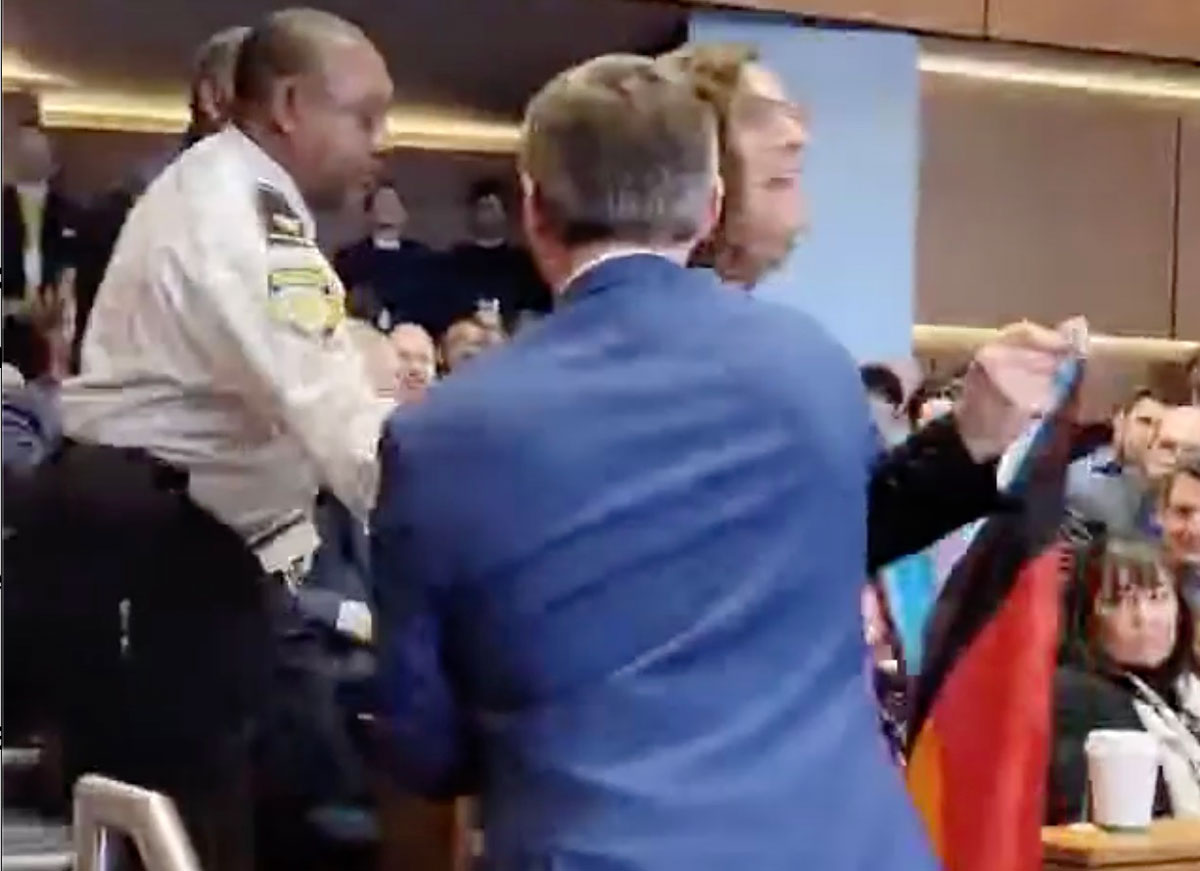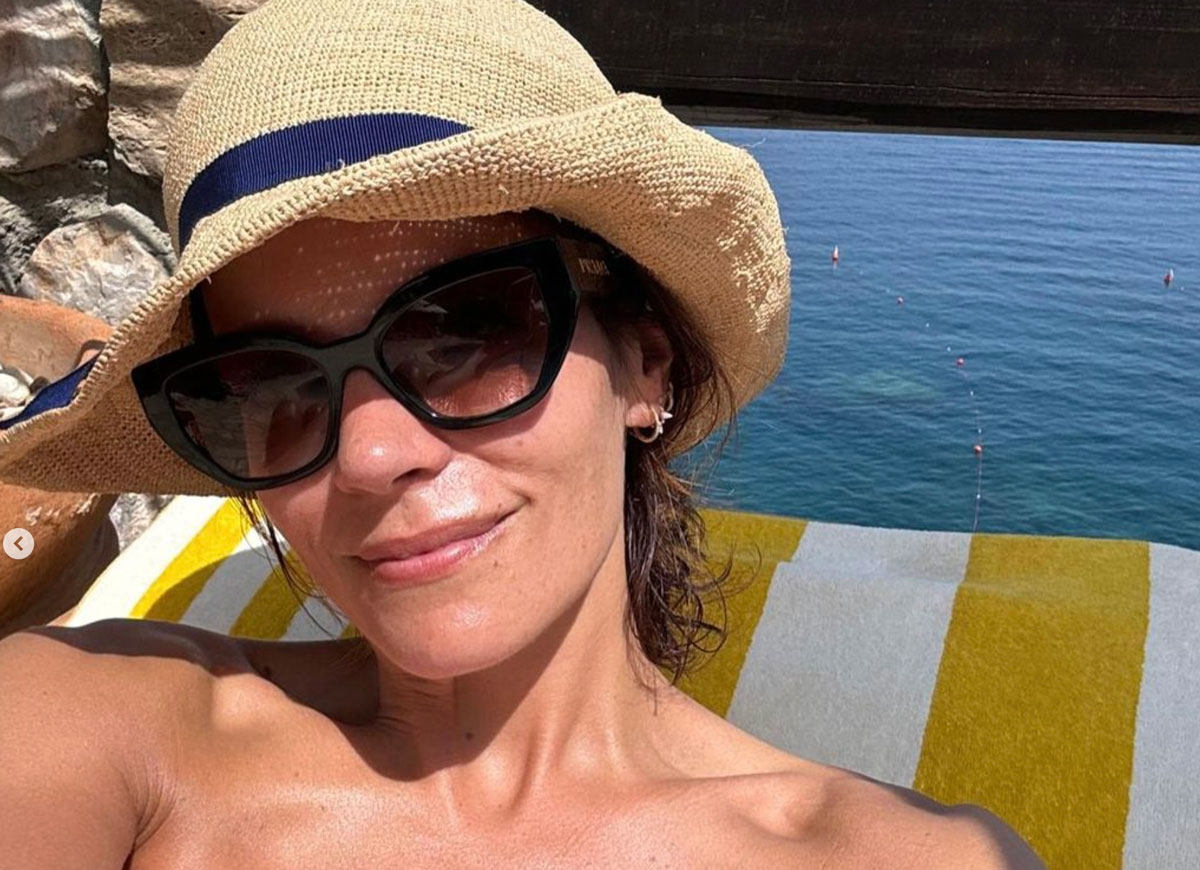The White Ribbon (Blu-ray)

4.5/5
Famous for both his hecktoring tone and his pathological obsession with arbitrary violence, provocative Austrian auteur Michael Haneke has always been something of an aquired taste. Painfully aware that his crown jewel (1998's home-invasion terror Funny Games) remains a white-knuckle cult classic that virutally no one saw, Haneke gave us a remake ten years on, shot-for-shot, in English, with a bigname cast…which virtually no-one saw. Now, with this Cannes-conquoring exercise in austerity Haneke has seemingly given up his quest for an audience as this black and white, two-and-half-hour, subtitled slog through rural, turn-of-the-century Germany can hardly be catagorized as an attampt to reach out to new people. Detached, cold, and certainly not about to come to us, the viewer, it remains a masterful concotion of implied malice, sustained meanace, and constant unease.
In the months preceeeding the outbreak of the First World War, a sleepy farming village is plagued by a series of unexplained accidents and mishaps; the local doctor is felled from his horse by a tripwire, a handicapped boy is savagely beaten in the woods, a mill worker falls to her death, the Baron's barn is set ablaze one night. Nobody in the village seems to have answers; somehow everybody always seems to be looking the other way. We're shown very little (that isn't extremely ambiguous) and told even less (that can be considered reliable) by a narrator who identifies himself as the (now decades older) schoolteacher, and his motives as attempting to "clarify some of the things that happened in this country."
What becomes clear, you see, is there is something not quite right about the children. Always seen hovering on the fringes of tragedy their quiet demenour and angelic faces betrayed by a dead-eyed suggestion of lurking malevolence. A favorite tactic of Haneke has always been to bombared the viewer with images of abhorant brutality and then to wag his finger and scold us (in some cases quite literally) for sitting and watching. Here the approach is radically different with the director keeping the violence almost entirely off-screen and imprisoning his audience via a locked-down camera that almost never moves. Parading us through a Lynchian labarynth of the village's murky secrets – abuse, cruelty, molestation – Haneke renders us entirely helpless, neither granted the ability to intercede nor the mercy of being able to look away.
A work of calculated subtlety, The White Ribbon (named so for that which the pastor ties in the hair of his eldest daughter – the likely ringleader – to remind her of her purity and innocence) is far more about the climate of violence than the act itself. Rather, it's a keenly observed portrait of a deeply dysfuctional community, built of a foundation of bitter jealousies, simmering resentment, perceived slight, and niave adulation to flawed ideals, shaping the formitive years of a generation who would grow up to perpetuate (or at the very least enable) some of the worst atrocities of the modern age.
Despite the Palme d'Or, the duel Oscar noms (Best Foreign Language Film and Cinematography), and the widespread critical consensus, there are detractors. Some have accused Haneke of being just a bit too hands-off; just a bit too ambiguous in his suggestion; inviting the audience to do just a bit too much legwork themselves. You could indeed read this as the germinating seeds of what would later grow into the Nazi movement, or you could just as easily read it, as one prominent publication suggested, as "an arthouse Children of the Corn." Either way what little does transpire remains a deeply unsettling paedopobic nightmare, and Christian Berger's sterile cinematography – like picture postcards come to life – produces images that linger in your mind like flickering aparitions long after the film itself has concluded.
Blu-ray Special Features:
A decent array of features make this a really worthwhile package. A detailed making-of featurette, highlights just how deeply self-conscious the design aspect really was. Also included is footage of the 2009 Cannes Festival premiere, a short retrospective on Haneke's life and career, and interview offering some detail on his intentions with the film, and the theatrical trailer.
Starring: Christian Friedel, Ernst Jacobi, Leonie Benesch, Ulrich Tukur, Rainer Bock, Burghart Klaubner, Leonard Proxauf, Maria-Victoria Dragus
Director: Michael Heneke
Runtime: 144 Minutes
Distributor: Song Picture Classics
Rating: R
RELATED ARTICLES
Get the most-revealing celebrity conversations with the uInterview podcast!







Leave a comment